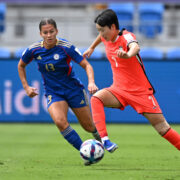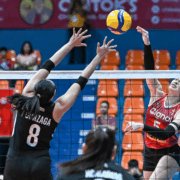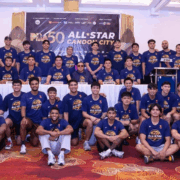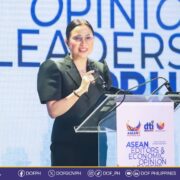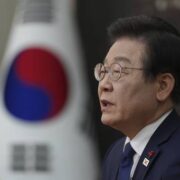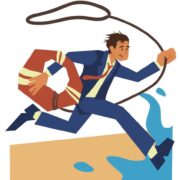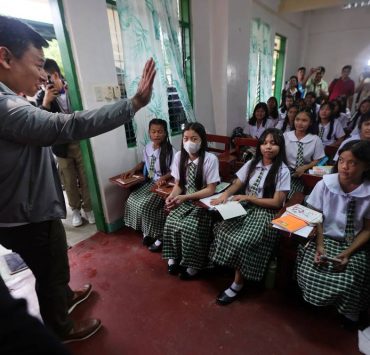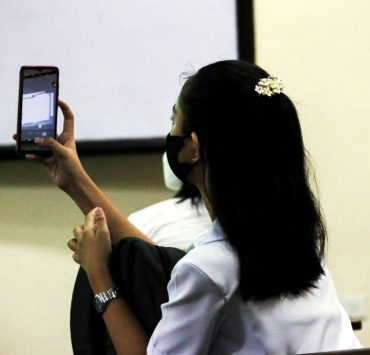In need of heroes
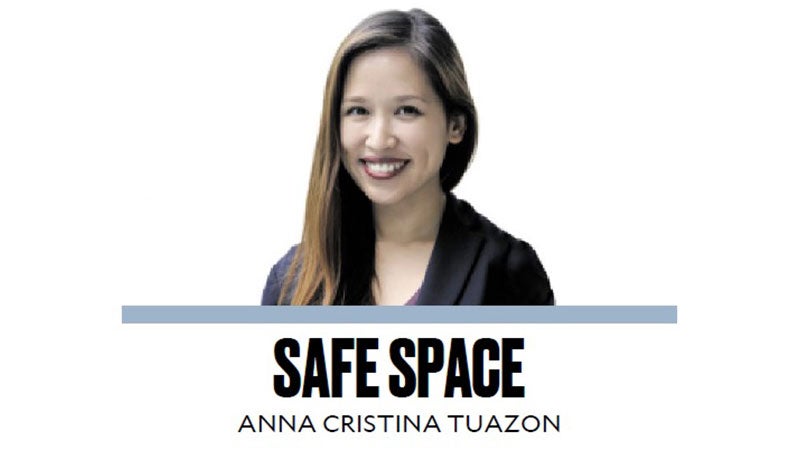
Filipinos badly needed a win. Again and again, we find ourselves at the bottom of global lists especially when it comes to education. We top the lists we do not want: most unsafe place, worst airports, and worst traffic. China continues to build unimpeded in our exclusive economic zone and shoos our fishermen away. Food prices and gas continue to rise, while our salaries remain stagnant. Politics and government rarely give us a happy story either—misappropriations of funds, dereliction of duty, and blatant corruption fill our daily news.
The Olympics, then, was a godsend. Our athletes were determined to give us something to be proud of and have not failed in doing so. Carlos Yulo’s historic achievement, winning two gold medals in artistic gymnastics, have brought about a surge of nationalism that no mandatory Reserve Officers’ Training Corps ever could. EJ Obiena’s nail-biting performance in the pole vault qualifications that ultimately secured him a spot in the finals gave us the emotional rollercoaster no drama could beat. Our boxers Aira Villegas and Nesthy Petecio fighting their way to a guaranteed bronze made us hope that, for once, perhaps Filipinos are no longer “kulelat.” Many other Filipino Olympians have also made their mark in Paris, doing the best they can with the resources that they have.
I find it interesting that our source of hope does not usually come from the powerful or the rich but from simple Filipinos who rise from the bottom. It is their stories of perseverance through adversity that makes us hopeful that, perhaps, we, too, can rise above our challenges.
A life of athletics is never an easy one. It is a life that requires much discipline and sacrifices. They lose out on a typical childhood as they devote all their time and energy into their sport. They miss out on proms, going to the mall, hanging out with friends, and getting into romantic relationships as they live a relatively ascetic lifestyle in order to achieve athletic perfection.
A life of athletics also requires a lot of resources. How many potential Filipino Olympians have we lost due to lack of financial and training support early on? One of the reasons trainings are so expensive is that we do not have local infrastructure and so the athletes have to go abroad. Aside from giving cash incentives to Olympic medalists, how about investing in a conducive environment to boost Filipinos to reach the Olympic Games to begin with?
More than just a win, our athletes demonstrate important lessons for us to learn from. Yulo’s determination to lead a balanced life and fight for his right to have a life outside of his sport has led him to an unorthodox route of training for the 2024 Olympics. He showed us that one need not sacrifice everything to achieve greatness and the right to pursue good mental health via a supportive relationship is valid. American gymnast Simone Biles, likewise, took a pause from her own career to focus on her mental health and came back stronger than ever. We can learn from 24-year-old Yulo that sometimes there are other things worth fighting for, despite others’ insistence on a singular pursuit of glory.
Then there is the wisdom we can glean from Obiena’s Olympic journey. In his interview after missing out on a podium finish at the pole vault finals, he shed tears and apologized to the country for “falling short.” What we saw, however, is EJ improving from an 11th place finish in 2020 to a 4th place standing today. He also continues to be the world’s No. 2 pole vaulter and Asia’s best. If anything, I dare say his story may even be more inspiring than those who won medals because he showed the humanity of the sport. He also came up against great challenges, including being the victim of a political maneuvering that almost derailed his career and dealing with a back injury leading up to the Olympics. Despite all that, he remained passionate about representing the country and, in a way, his tears were not for him but for us, whom he felt he disappointed. His love of country goes beyond politicking and shines through his desire to make us proud. After every round, he sends a heartfelt message to his fellow Filipinos which made us feel that we are part of his journey and that we are in this together.
Filipinos needed a win and our athletes more than provided it. More importantly, it seems, Filipinos are in need of heroes. We are in need of people that put their country first. People that think of their fellow countrymen and are careful to do things with honor and integrity. We don’t have to be athletes, however, to be heroes. As long as we show our love for our country through our words and actions, we can be heroes, too.

